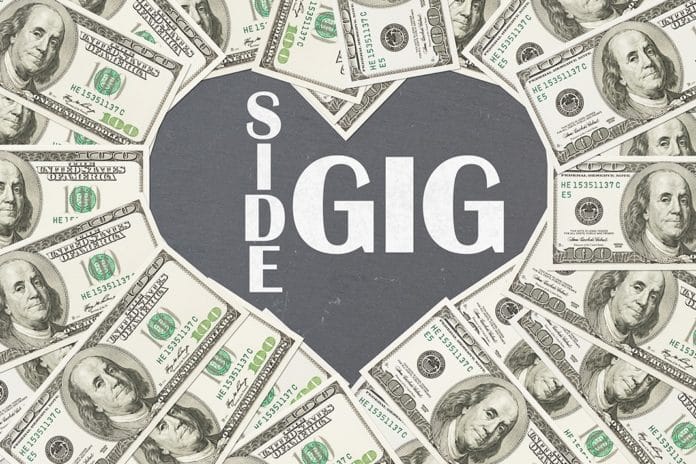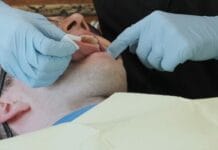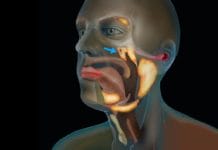According to Bankrate.com, nearly half of American employees participate in the gig economy and can potentially earn a monthly income of over $1,000. A side gig (also known as the independent workforce or freelancing) is any type of employment undertaken in addition to one’s full-time job.
Dental hygienists are the definition of multitasking. We review medical histories, provide oral services, cater to our patients and employers, all while keeping a smile.
As dental hygienists, have you ever had a thought about earning an additional income? How do you know if being a freelancer and having a side gig is right for you? Do you currently have a hobby that you are incredibly passionate about? Do others tell you to consider selling those blankets you knit, shirts you create, or tchotchkes you create? Do you enjoy performing other lucrative endeavors besides dental hygiene?
If you answered yes to any of the preceding questions, then a side gig may be right for you! An opportunity as a freelancer is not right for everyone, but for those who choose to go that route, it may be an endeavor worth pursuing.
Financial Investments and Tax Reporting
Taxes and financial investments are to also be considered when deciding to become a freelancer. For some side gigs, you have to invest a little to gain a little. If you already own a car and enjoy driving, being a rideshare driver might be an easy and simple way to start your freelance venture. Other side gigs, however, may require a bit more of an investment. Consider teaming up with someone else who has the same passion as you when it comes to shirt making or knitting. This side gig may require you to invest in a printing press, which could cost anywhere from $130-$400. You may also have to purchase shirts in bulk.
Side gig incomes are considered self-employment income and must be reported as such. Any income received exceeding $10,350 must be reported. And there are separate forms that must be used to file the side gig income, such as IRS form Schedule C 1040.
Whichever freelancer opportunity you choose, be sure to weigh the risks and the benefits. Reach out to a few freelancers to get the feel for how they started and where they are now.
Enjoyment or Financial Gain?
A side gig can be anything you are passionate about, or it can just be a simple way to make an additional income. Being a freelancer and having a side gig gives one the freedom to pursue it and turn it into a fruitful hobby, a lifelong career, or into something that just helps you maintain a lifestyle of travel, shopping, maintaining your bills, or padding your savings account.
In clinical practice, dental hygienists are tasked with many responsibilities and wear many hats. Hygienists are trained to the highest level of their education to treat patients, diagnose gingival diseases, thoroughly review medical histories, and manage appointment times along with the many other facets of patient care.
As dental hygienists, we have the flexibility to choose to practice full-time or part-time, ranging from 20- to 60-hour workweeks. With this range of flexibility, dental hygienists who have a passion or a hobby can choose to turn it into a side gig and become a part of the vastly growing gig community.
Some side gigs involved separate from the field of dental hygiene include arts and crafts, rideshare drivers, home share rentals, on-demand food delivery services, and labor jobs. Side gigs that some dental hygienists have taken on include entrepreneurial positions. These positions can range from becoming business owners, consultants, product makers, developers, and designers. Some have ventured into education as adjunct faculty, examiners for clinical dental hygiene board exams, continuing education speakers, and curriculum consultants. Others have thrown their ring into the hat via authoring books, written publication articles, and e-articles.
Freelancers who pursue side gig opportunities may allow individuals to have more financial freedom. With the growing economic challenges, side gigs are steadily a favorable option for the American population, but also for dental hygienists. Over time, dental hygienists suffer from musculoskeletal conditions that limit their occupational duties, thus having a side gig becomes a financial benefit. Other reasons dental hygienists may consider a side gig are the physical demands of dental hygiene and the need for physical comfort, new experiences, and new opportunities.
Dental hygienists are vastly resourceful, and that serves us if the pursuit of a side gig is an avenue we choose to follow. If supplementing your income is what you need to do, look into your passions, hobbies, or needs, and create a successful side gig.












